- Arakan residents call for air raid warning systems amid surge in junta airstrikes
- Arakan’s Breathing Space (or) Mizoram–Arakan Trade and Business
- Death toll rises to 18 after junta airstrike on Ponnagyun village market
- Regime arrests dozens of Muslims in Sittwe over alleged Arakan Army links
- Over 200 IDPs in Ponnagyun struggle without shelter, food aid
Report highlights Myanmar’s trade with China as another casualty of conflict
Myanmar’s border trade with China has been practically halted for nearly eight months, since the anti-regime Operation 1027 in northern Shan State was launched, the Institute for Strategy and Policy (ISP-Myanmar) said in a report
19 Jun 2024
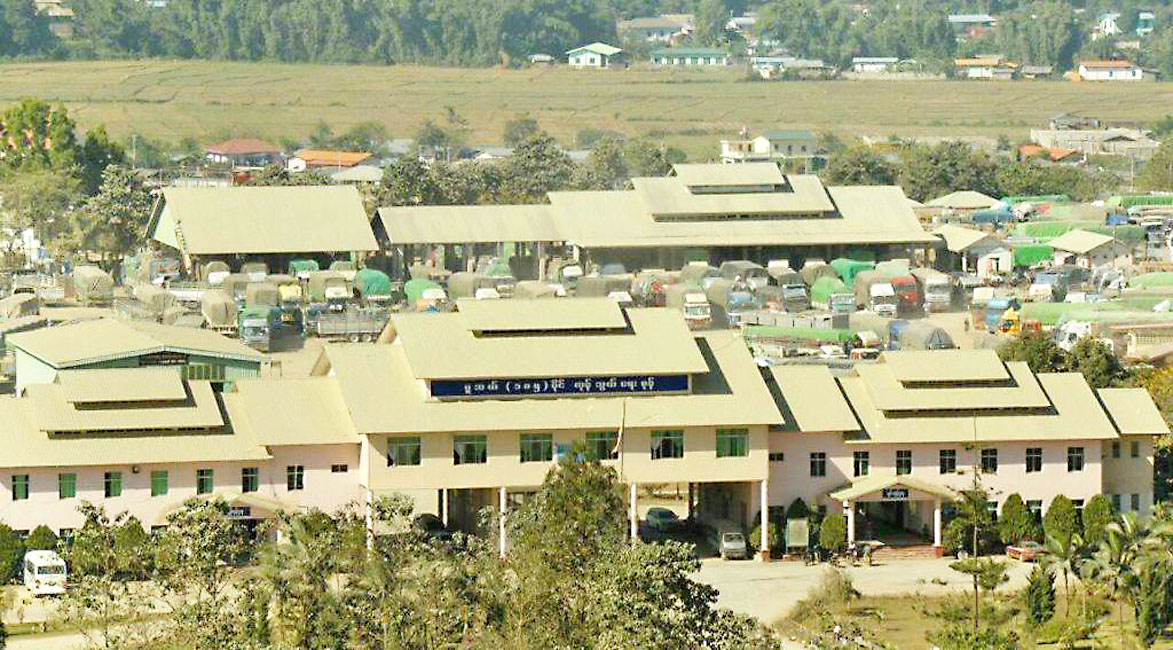
DMG Newsroom
19 June 2024, Sittwe
Myanmar’s border trade with China has been practically halted for nearly eight months, since the anti-regime Operation 1027 in northern Shan State was launched, the Institute for Strategy and Policy (ISP-Myanmar) said in a report on Tuesday.
Myanmar has 17 border trade camps, and ethnic armed groups have taken control of six major border trade camps, said the report.
Trade has, however, halted at three of 11 border trade camps controlled by the regime. While eight other border trade camps remain in operation, trade value is declining as major border trade camps have ceased operations, according to the report.
“The regime has lost control of border trade camps where the trade value is more than $500 million a month. It is a serious blow to the regime. To cut off funds was one of the tactics to oust the military regime, and it is gaining success,” said a political observer.
Border trade camps now controlled by ethnic armed organisations account for nearly 95 percent of the value of Myanmar’s border trade with China, said the ISP-Myanmar report.
Traders are using other trade routes.
Since trade through the Mandalay-Lashio-Muse trade route halted, traders have been using the Taunggyi-Kengtung-Mongla route, which is still under the control of the regime. Trade has increased at the Kengtung border trade camp as a result.
Since Operation 1027 was launched in late October, the average monthly trade value at the Kengtung border trade camp has exceeded US$34 million. But that trade value is low compared to that of the Muse and Chin Shwe Haw camps, which are now under the control of ethnic armed organisations.
One businessman said: “As border trade camps are not functioning, imports can’t be made, which has negatively affected traders and the socio-economic life of locals. It would be better if those who control the border trade camps can resume operations as soon as possible.”
China has organised a few rounds of talks between the regime and ethnic organisations to resume the border trade since it helped broker a ceasefire in January, but with little to show for it.
It is still difficult to resume border trade due to renewed military tensions in northern Shan State, said the ISP-Myanmar report.





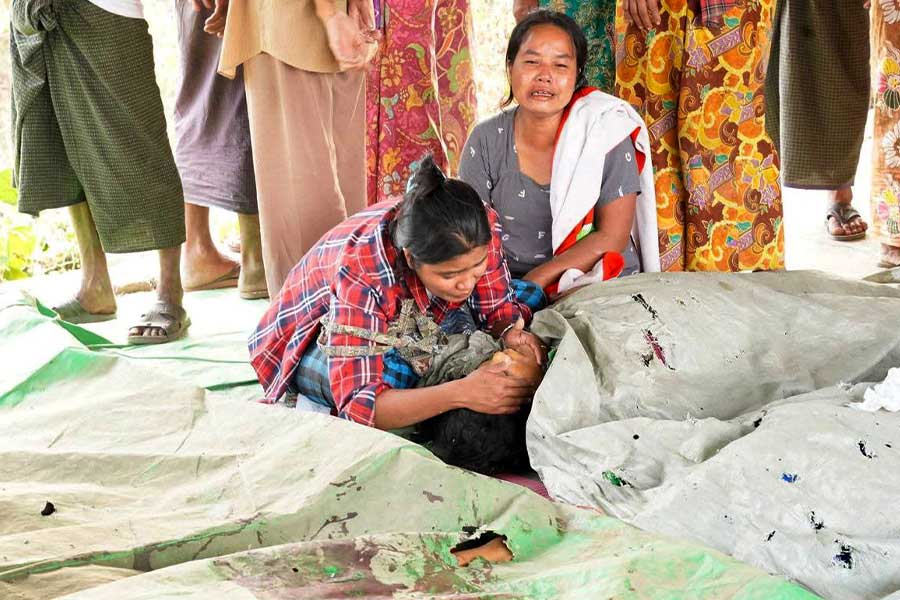
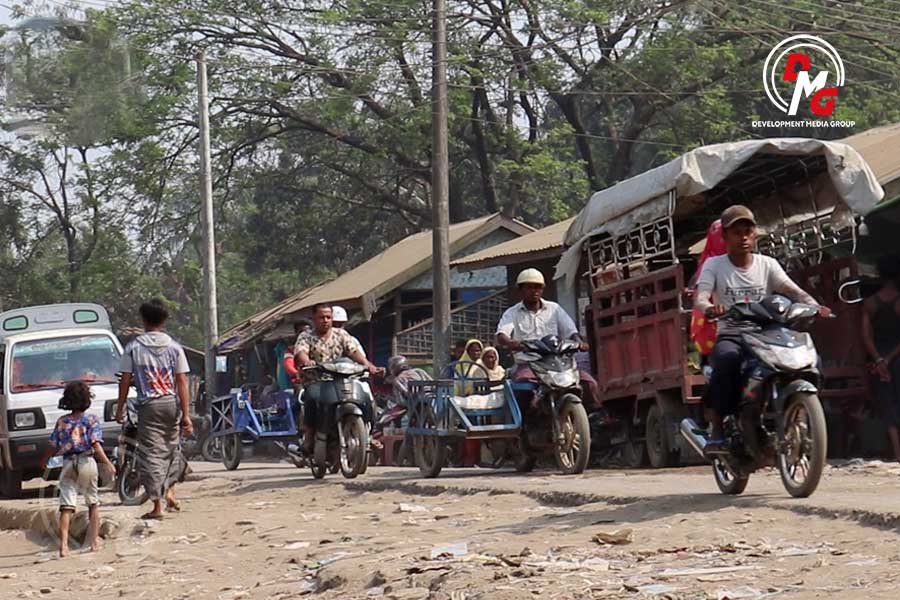
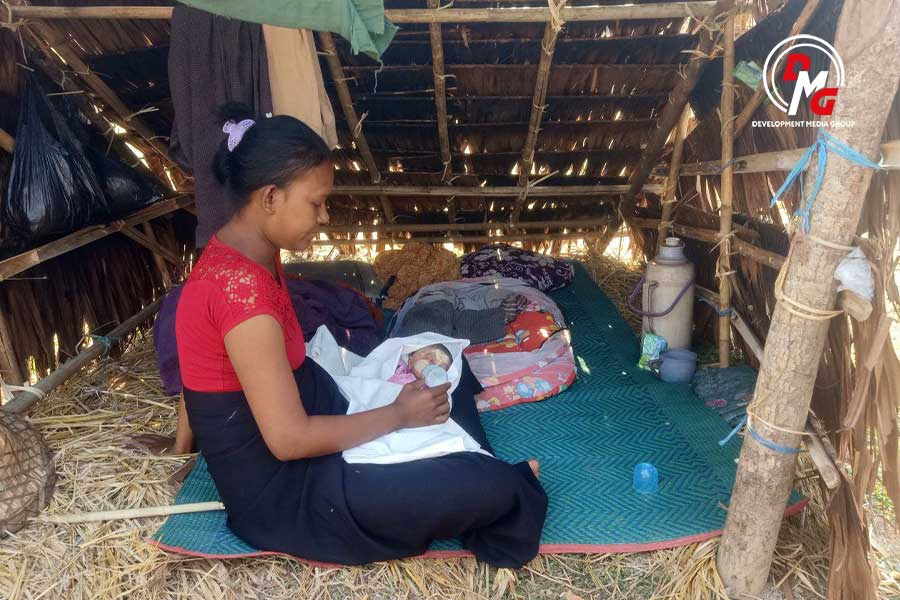
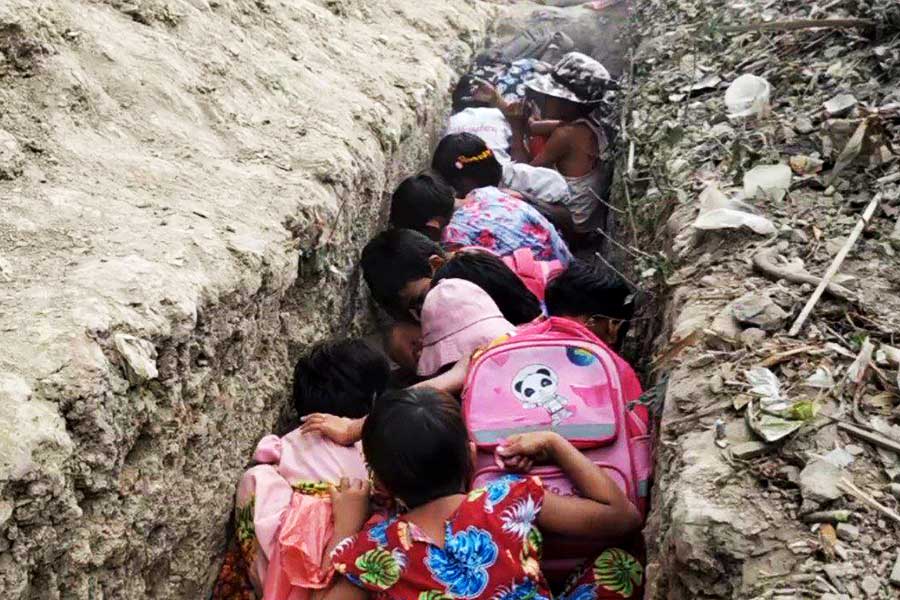








.jpg)